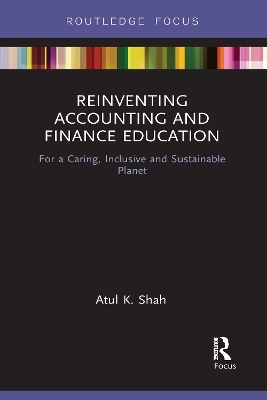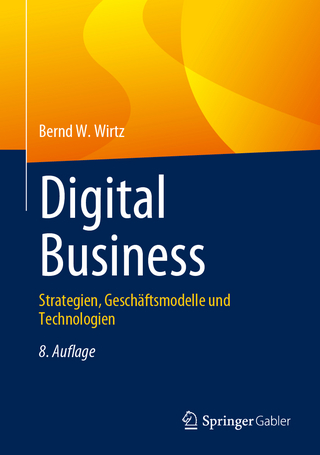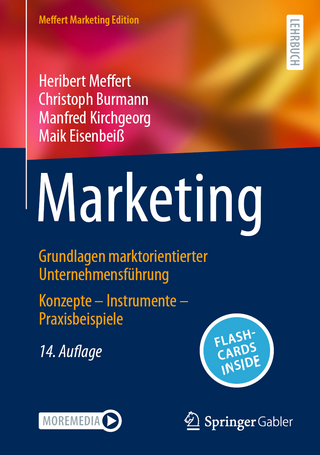
Reinventing Accounting and Finance Education
For a Caring, Inclusive and Sustainable Planet
Seiten
2021
Routledge (Verlag)
978-1-032-09627-8 (ISBN)
Routledge (Verlag)
978-1-032-09627-8 (ISBN)
There is a growing acknowledgement of the role played by finance theory and experts in the 2008 global banking crash, and their on-going contributions to risks in the financial system. Some argue that finance theory is deeply ideological, and the academy has been captured and corrupted by financial institutions and conservative journal editors a
There is a growing acknowledgement of the role played by finance theory and experts in the 2008 global banking crash, and their ongoing contributions to risks in the financial system. Some argue that finance theory is deeply ideological and the academy has been captured and corrupted by financial institutions and conservative journal editors and their unrealistic influence. Its language and terminology have been self-referential, enabling disciplinary closure but generating widening gaps with reality and lived experience.
In particular, in spite of its deeply cultural and ethical nature, finance education has been stripped of any wider discussion of ethics and culture, and replaced by a particular neo-liberal greed and materialistic ethic. In an era of financialisation, some have called finance a ‘curse on modernity’. The devastation this has caused and continues to cause is making the world highly unequal, risky and unsustainable.
Serious and radical reforms are required in the teaching and research of finance. This book charts out the possible solutions for such reform.
There is a growing acknowledgement of the role played by finance theory and experts in the 2008 global banking crash, and their ongoing contributions to risks in the financial system. Some argue that finance theory is deeply ideological and the academy has been captured and corrupted by financial institutions and conservative journal editors and their unrealistic influence. Its language and terminology have been self-referential, enabling disciplinary closure but generating widening gaps with reality and lived experience.
In particular, in spite of its deeply cultural and ethical nature, finance education has been stripped of any wider discussion of ethics and culture, and replaced by a particular neo-liberal greed and materialistic ethic. In an era of financialisation, some have called finance a ‘curse on modernity’. The devastation this has caused and continues to cause is making the world highly unequal, risky and unsustainable.
Serious and radical reforms are required in the teaching and research of finance. This book charts out the possible solutions for such reform.
Atul K. Shah, PhD (London School of Economics) ACA, is an accomplished writer, teacher and social entrepreneur who has led a range of global initiatives. He is author of Jainism and Ethical Finance, Celebrating Diversity and The Politics of Financial Risk, Audit and Regulation: A Case Study of HBOS. Presently he teaches at the University of Suffolk, UK.
Chapter 1- Sustainability, virtue and living ethics
Chapter 2- Back to basics
Chapter 3- Reforming teaching: methods and syllabus
Chapter 4- The benefits of a glocal revolution
Bibliography
Index
| Erscheinungsdatum | 01.07.2021 |
|---|---|
| Reihe/Serie | Routledge Focus on Economics and Finance |
| Verlagsort | London |
| Sprache | englisch |
| Maße | 138 x 216 mm |
| Gewicht | 149 g |
| Themenwelt | Wirtschaft ► Allgemeines / Lexika |
| Wirtschaft ► Betriebswirtschaft / Management ► Marketing / Vertrieb | |
| Wirtschaft ► Betriebswirtschaft / Management ► Unternehmensführung / Management | |
| Wirtschaft ► Volkswirtschaftslehre | |
| ISBN-10 | 1-032-09627-6 / 1032096276 |
| ISBN-13 | 978-1-032-09627-8 / 9781032096278 |
| Zustand | Neuware |
| Informationen gemäß Produktsicherheitsverordnung (GPSR) | |
| Haben Sie eine Frage zum Produkt? |
Mehr entdecken
aus dem Bereich
aus dem Bereich
Strategien, Geschäftsmodelle und Technologien
Buch | Hardcover (2024)
Springer Gabler (Verlag)
69,99 €
Grundlagen marktorientierter Unternehmensführung : Konzepte, …
Buch (2024)
Springer Gabler (Verlag)
49,99 €
Aufgaben, Werkzeuge und Erfolgsfaktoren
Buch | Softcover (2023)
Vahlen (Verlag)
21,90 €


